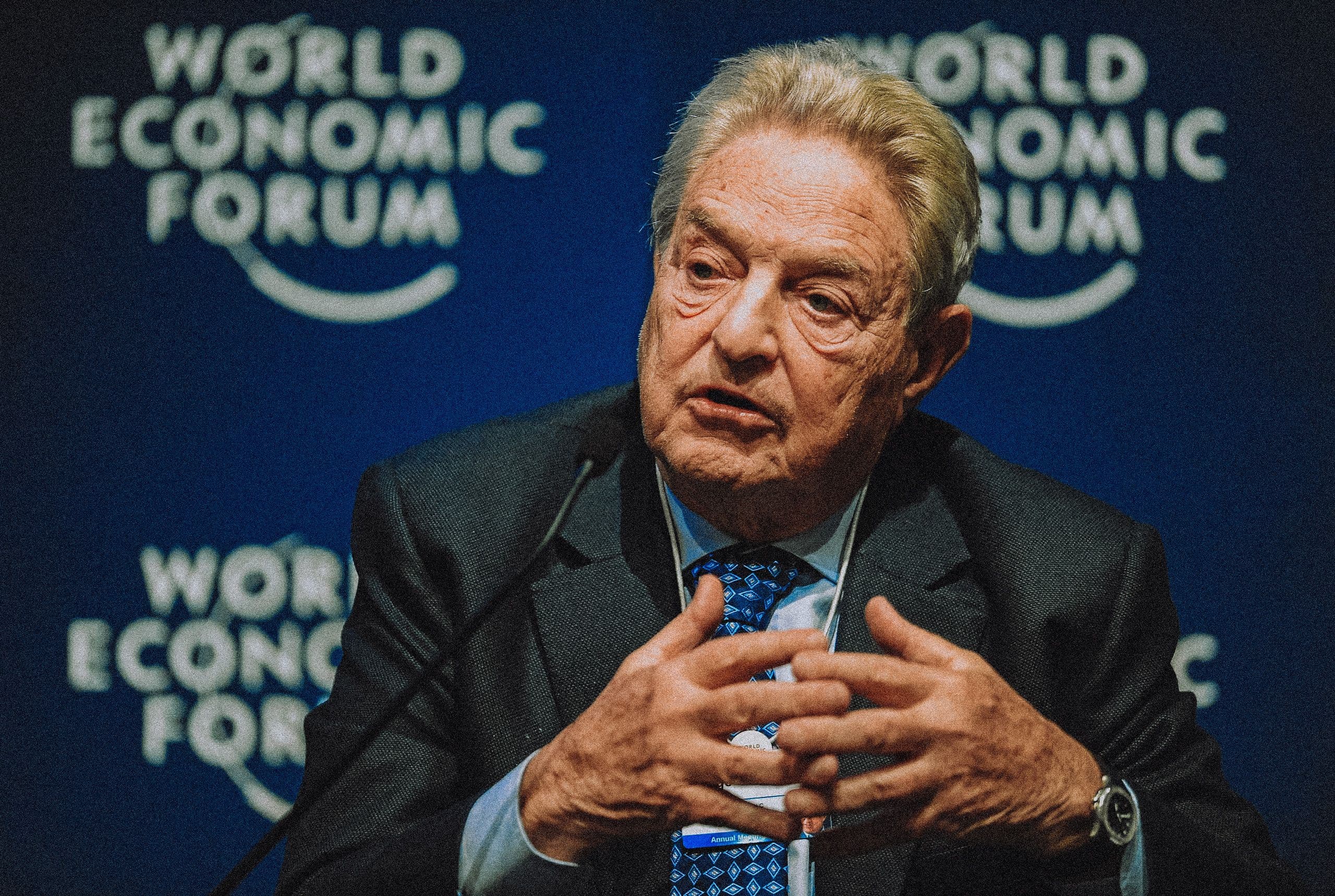
Polymarket v. Kalshi: A Complete Timeline of The Prediction Market Meme WarsFeb 6
this week, two leading betting platforms upped the ante in their blood feud by surprising broke new yorkers with free groceries. how did we get here?
Jan 6, 2025

Top leadership roles at Wikimedia have been filled by figures with deep ties to Soros’ Open Society Foundations, including its former executive director, general counsel, and chief advancement officer
Wikimedia has since funneled millions into DEI initiatives, framing Wikipedia as a social movement designed to “subvert” power structures
Guided by Soros’ ‘open society’ philosophy, embracing “Knowledge Equity” as a core principle, Wikimedia’s 2017 Movement Strategy positioned Wikipedia as an instrument to drive radical change around the world
Soros has spent $22 billion to achieve his vision of an “open society,” free from traditional societal structures like borders, national identities, and religions
“I fancied myself as some kind of god or an economic reformer like Keynes, or, even better, like Einstein… As I made my way in the world, reality came close enough to my fantasy to allow me to admit my secret, at least to myself.”